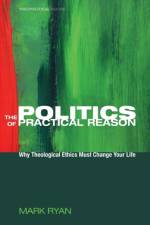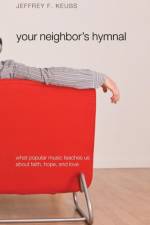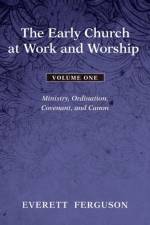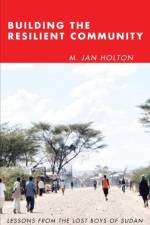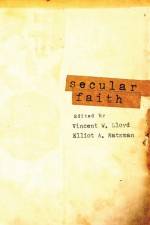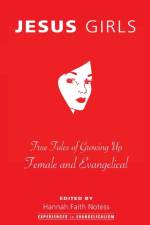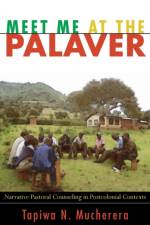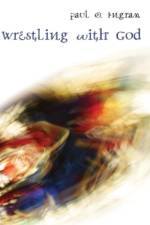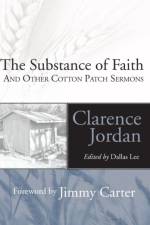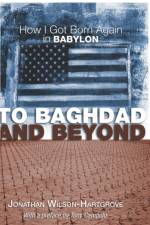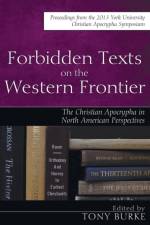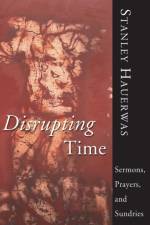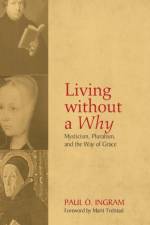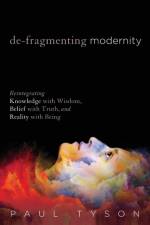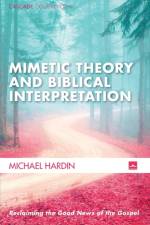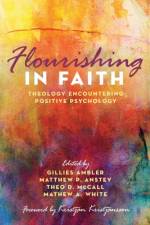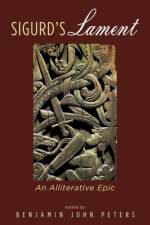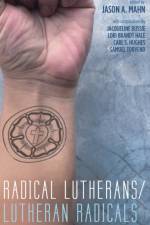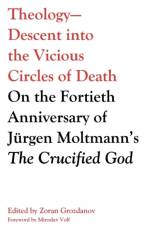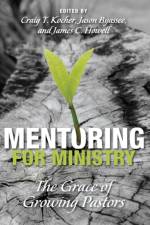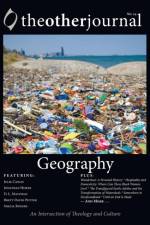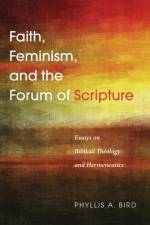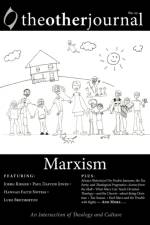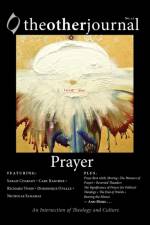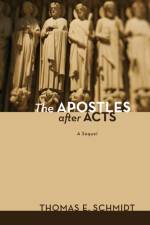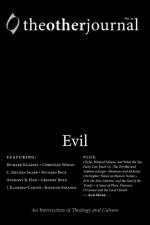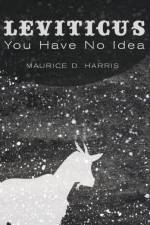535,-
Can a Lutheran be sociopolitically radical? Can a radical be theologically and faithfully Lutheran? This book answers yes.Written by teacher-scholars from five ELCA colleges, Radical Lutherans/Lutheran Radicals follows Martin Luther, Soren Kierkegaard, Dietrich Bonhoeffer, Dorothee Soelle, and others as they sink deep roots in the Lutheran Christian tradition while simultaneously resisting the status quo with their words, their deeds, and sometimes their very lives.Each chapter shows how the Lutheran theologian returns to the roots of Luther''s life and writing and puts them toward radical social and political ends, including critiques of cultured Christianity; resistance to state or market; preferential options for the poor and suffering; deep commitments to peace, justice, and ecological sustainability; and direct nonviolent resistance.The book highlights theological themes popularized by Luther (justification by grace, two-kingdoms thinking, theology of the cross, and vocation) and then shows how these theological staples--when deeply and creatively retrieved--can inform political protest, intentional living, and other countercultural movements.The compelling claim throughout is that Luther''s theology at its root has resources for radical political participation and social transformation, as exemplified by the writings and lives of these radical Lutherans/Lutheran radicals.""This fine collection of essays on Luther, Kierkegaard, Bonhoeffer, and Soelle makes a compelling case that Lutherans can be radical and radicals can be Lutheran! One can be deeply rooted in the Lutheran tradition and vigorously pursue justice. I appreciate Mahn''s insights in the final chapter that radical Lutherans today will integrate social justice and ecological justice.""--Mark S. Brocker, Lead Pastor, St. Andrew Lutheran Church, Beaverton, Oregon""Imagine Luther in lively conversation with theologians across the centuries and around the world. They both adopted and adapted, revised and even rejected elements of his theology to address their own urgent contexts. Kierkegaard is there, along with Bonhoeffer and Soelle. But so are the vibrant voices of this new generation of twenty-first-century Luther scholars, who attend to the personal, social, and structural dimensions of sin and grace, creation and calling. Only one voice is missing: yours. Join the conversation!""--Martha E. Stortz, Augsburg College""Moving beyond stereotypes and cultural niceties, Radical Lutherans/Lutheran Radicals explores Lutheranism as a framework for active engagement in the world. With essays contextualizing various Lutheran thinkers, Mahn''s assembled scholars put theological tradition in dialogue with social, political, and economic realities. As a pastor in a community surrounded by systemic injustice, I appreciate this book''s affirmation of reforming voices as well as its call to more active reflection on our own vocations."" --Paul Baillie, Pastor, Iglesia Luterana San Lucas, Eagle Pass, TexasJason A. Mahn is Associate Professor of Religion and Director of the Presidential Center for Faith and Learning at Augustana College, Rock Island, Illinois. He is the author of Fortunate Fallibility (2011) and Becoming a Christian in Christendom (2016).

